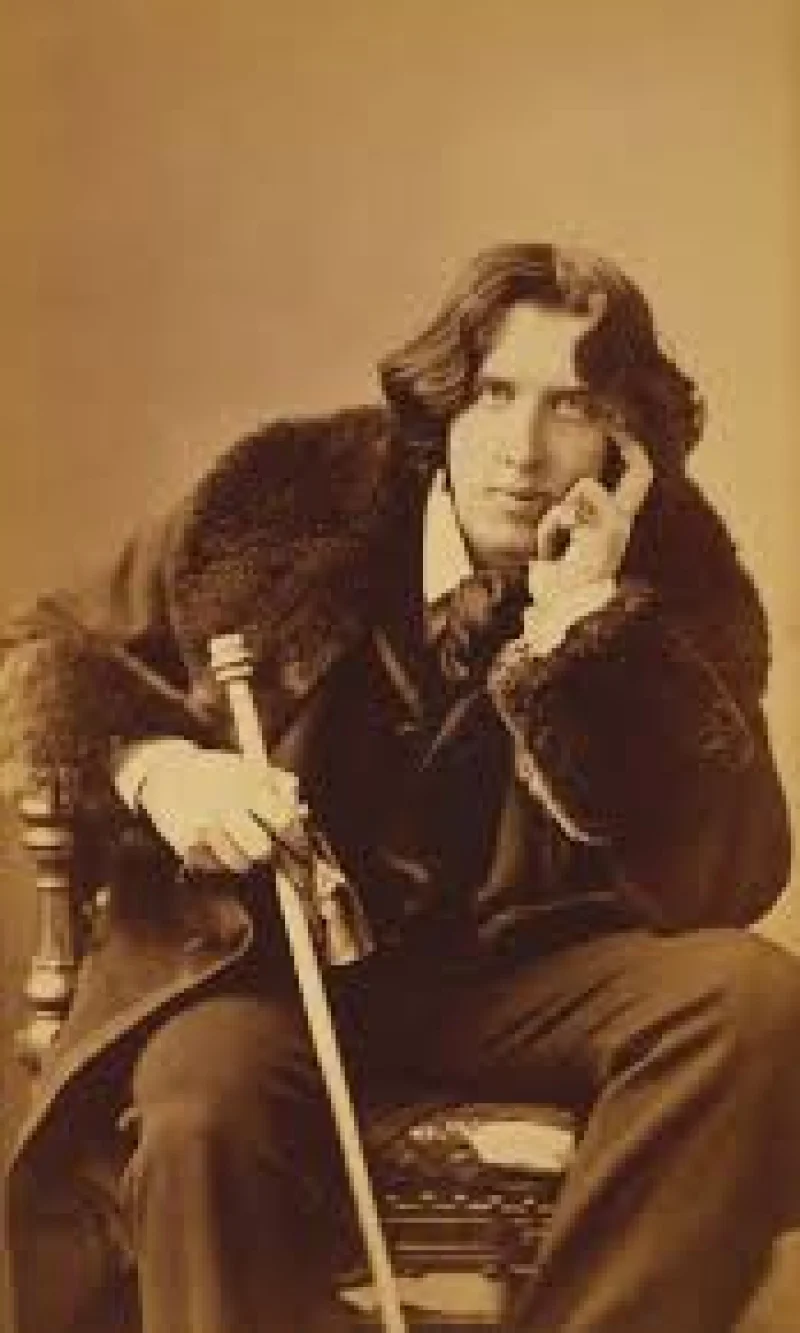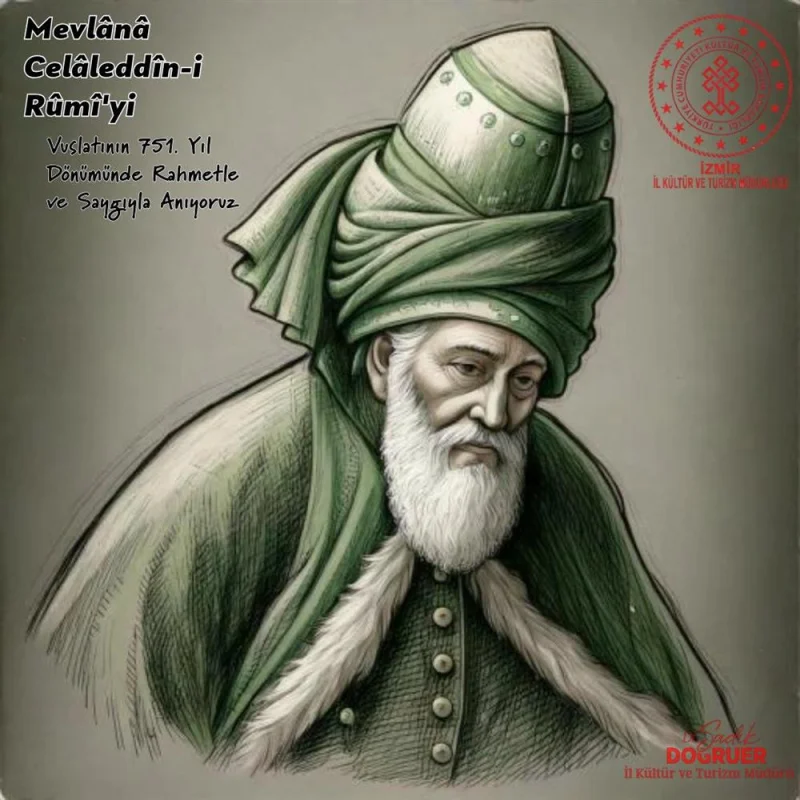Short Summary
Oscar Wilde was an Irish playwright, novelist, essayist, and poet, known for his sharp wit, flamboyant style, and brilliant dialogue. He gained fame for his plays, especially "The Importance of Being Earnest," and his novel "The Picture of Dorian Gray." Wilde's work is celebrated for its exploration of themes such as aestheticism, decadence, and the nature of art and beauty. Despite a successful career, Wilde's life ended in tragedy following his conviction for "gross indecency" due to his homosexuality, which was illegal at the time.
Early Life & Education
Oscar Wilde was born on October 16, 1854, in Dublin, Ireland, to Sir William Wilde, an acclaimed eye surgeon, and Lady Jane Wilde, a poet and Irish nationalist. He was educated at the Portora Royal School, Enniskillen, before attending Trinity College, Dublin, where he excelled in classics, winning the Berkeley Gold Medal. Later, Wilde attended Magdalen College, Oxford, where he furthered his studies in classics and became involved in the aesthetic movement, which emphasized the pursuit of beauty and art for art's sake. His time at Oxford greatly influenced his writing style, as he was exposed to prominent thinkers and artists.
Career Highlights
Wilde's career began with the publication of his poetry collection, "Poems," in 1881, which garnered critical acclaim. He subsequently embarked on a lecture tour in America, where he promoted aestheticism. Wilde then turned to journalism, becoming the editor of "The Woman's World" magazine. His most notable works include his novel "The Picture of Dorian Gray" (1890) and plays such as "Lady Windermere's Fan" (1892), "A Woman of No Importance" (1893), and "The Importance of Being Earnest" (1895). These works cemented his reputation as a leading playwright of the late Victorian era, celebrated for his wit and social commentary.
Major Achievements
- Published the novel "The Picture of Dorian Gray," which explores themes of hedonism and moral duplicity.
- Wrote the play "The Importance of Being Earnest," a comedic masterpiece that remains popular to this day.
- Contributed to the aesthetic movement, advocating for the idea of art for art's sake.
- Produced a successful series of social comedies that critiqued Victorian society.
Famous Quotes
- "Be yourself; everyone else is already taken."
- "The only way to get rid of a temptation is to yield to it."
- "I can resist anything except temptation."
Interesting Facts
- Wilde was known for his flamboyant fashion sense, often wearing velvet suits and silk stockings.
- He was imprisoned for two years after being convicted of "gross indecency" due to his homosexuality.
- His full name was Oscar Fingal O'Flahertie Wills Wilde.
- Wilde died in Paris in 1900 at the age of 46, after converting to Catholicism on his deathbed.
- His tomb in Père Lachaise Cemetery in Paris is a popular pilgrimage site for fans and scholars.
Legacy / Influence
Wilde's work has had a lasting impact on literature and popular culture, influencing writers and artists with his wit, style, and exploration of societal norms. His plays and writings continue to be studied and performed, celebrated for their clever dialogue and social critique. Wilde's life and tragic downfall have also highlighted issues of sexuality and censorship, making him a symbol of individuality and resistance against conformity.
FAQ
Q: Why is Oscar Wilde famous?
A: He is famous for his witty plays and novel, particularly "The Importance of Being Earnest" and "The Picture of Dorian Gray." His life and works remain influential in literary circles.
Q: What happened to him after his trial?
A: After his trial, Wilde was sentenced to two years in prison, which severely impacted his health and career. He lived in exile in France until his death.
Q: What is "The Picture of Dorian Gray" about?
A: It is a novel about a young man who remains youthful while his portrait ages, exploring themes of vanity, moral corruption, and the quest for eternal beauty.









